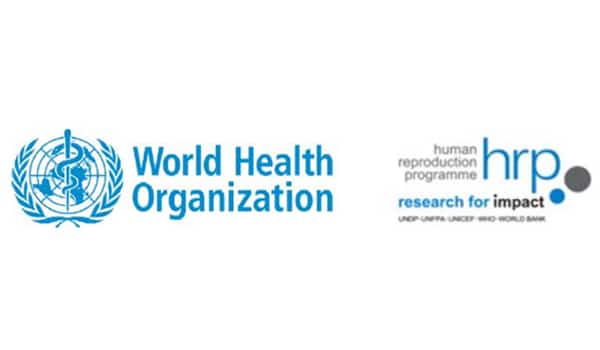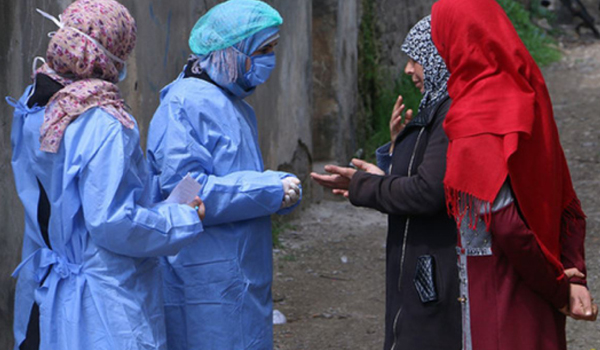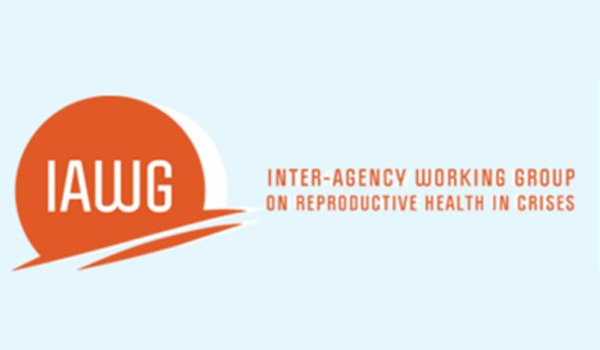
WHO HRP – Addressing Human Rights as Key to the COVID-19 Response
“This document brings to attention key health and human rights considerations with regards to the Covid-19 pandemic. It highlights the importance of integrating a human rights-based approach in response to Covid-19. It provides key considerations in relation to addressing stigma and discrimination, prevention of violence against women, support for vulnerable populations; quarantine and restrictive measures and shortages of supplies and equipment. It also highlights human rights obligations with regards to global cooperation to address Covid-19.”
SOURCE: World Health Organization,WHO/2019-nCoV/SRH/Rights/2020.1,21 April 2020
UNFPA

“A minimal three-month duration of lockdown, with minimal service disruptions, would leave an estimated 13 million women unable to use modern contraceptives, resulting in 325,000 unintended pregnancies. In the most severe scenario, with significant service disruptions lasting for a full year, 51 million women would be unable to use modern contraceptives, resulting in 15 million unintended pregnancies.”
SOURCE: UNFPA. Millions more cases of violence, child marriage, female genital mutilation, unintended pregnancy expected due to the COVID-19 pandemic, 28 April 2020
IAWG – Not a luxury: a call to maintain sexual and reproductive health in humanitarian and fragile settings during the Covid-19 pandemic

“About 1·8 billion people live in fragile contexts worldwide,including 168 million individuals in need of humanitarian assistance. Approximately a quarter of those in fragile contexts are women and girls of reproductive age.Experience from past epidemics in these settings has showed that discontinuing health-care services deemed unrelated to the epidemic response resulted in more deaths than did the epidemic itself. Issues related to sexual and reproductive health are among the leading causes of mortality and morbidity among women of childbearing age, with countries affected by fragility and crisis accounting for 61% of maternal deaths worldwide….
“…. With the understanding that the risks of adverse outcomes from medical complications outweigh the potential risks of COVID-19 transmission at health facilities, the availability of all crucial services and supplies as defined by the Minimum Initial Services Package for sexual and reproductive health should continue.These services include intrapartum care for all births and emergency obstetric and newborn care (caesarean sections should only be performed when medically indicated as a COVID-19 positive status is not an indication for a caesarean section), post-abortion care,safe abortion care to the full extent of the law(editor’s emphasis), contraception, clinical care for rape survivors, and prevention and treatment for HIV and other sexually transmitted infections. Early and exclusive breastfeeding and skin-to-skin contact for neonates should be promoted, and mother and neonate should not be separated unless one or both are critically ill in cases of suspected or confirmed COVID-19 infections….”
[Editor’s Note:It is a pity that this otherwise excellent document limits its support for safe abortion only within the “full extent of the law” when restrictive laws are the main reason for unsafe abortions.]
SOURCE: Nyugen Toan Tran, Hannah Tappis, Nathaly Spilotros, Sandra Krause, Sarah Knaster.Lancet Global Health, 21 April 2020



